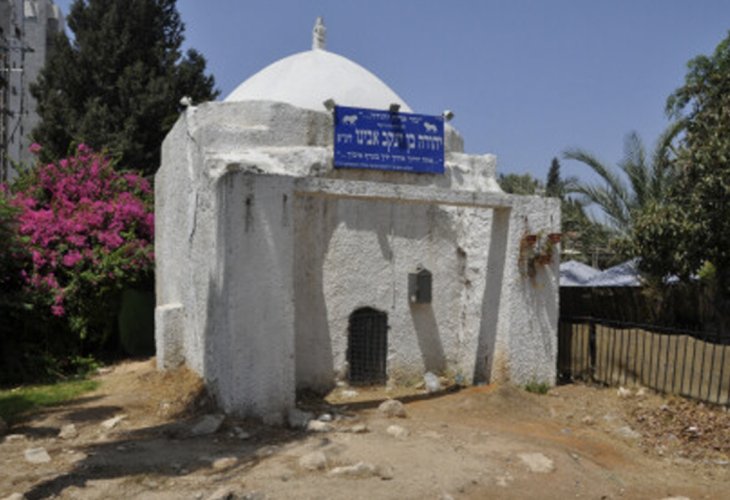Torah Personalities
Yehuda: The Tribe Chosen for Kingship and Legacy of the Jewish People
Discover the origins, leadership, blessings, and historical impact of Yehuda

Yehuda, son of Yaakov and Leah, is the fourth of the twelve tribes. In Yaakov's final blessing, Yehuda is designated for kingship. His conduct toward Yosef and his brothers leads Yaakov to choose him as leader among his sons. David Hamelech — Yehuda’s tenth-generation descendant — becomes the first king of Yehuda. All the Jewish people are called “Yehudim” (Jews) after him.
Yehuda’s Birth
According to Seder Olam Rabbah, Judah was born in Yaakov's tenth year in Charan, in the year 2196 from Creation, on the 15th of Sivan. He lived 119 years.
Leah Names Yehuda
Leah chose the name: “This time I will thank (odeh) the Lord; therefore she called his name Yehudah, and she stopped giving birth.” Rashi explains: “I have taken more than my share — now I must give thanks.”
Midrash Rabbah comments on the phrase “therefore (al kein) she called his name Yehuda”: whenever the Torah uses the phrase “al kein,” it suggests great increase and abundance.
Ibn Ezra highlights the end of the verse: “After having four sons, I will thank God, for I no longer desire more children. I will express gratitude for all that He has given me, and it is enough.”
Leah believed each wife of Yaakov would bear three sons (for a total of twelve tribes). When she realized she had received more than her expected portion, she recognized the need to express gratitude not only for the fourth child, but retroactively for the first three. Hence she said, “This time I will thank the Lord.”
The Midrash says: “Leah grasped the attribute of gratitude, and from her descended those who expressed gratitude — Yehuda (‘She recognized and said: She is more righteous than I’) and David (‘Give thanks to the Lord, for He is good’).”
Yaakov's Blessing to Yehuda
“The scepter shall not depart from Yehuda, nor the lawgiver from between his feet, until Shiloh comes; and to him shall be the gathering of the nations.”
Rashi explains: “Shiloh” refers to King Mashiach, whose kingdom is destined for eternity.
Yaakov was telling his sons that leadership in Israel, until the arrival of the Mashiach, would remain with the descendants of Yehuda. Thus, even after the destruction of the Temple, Jewish leadership continued to emerge from Yehuda's lineage.
Ramban on the Hasmonean Kingship
The Ramban notes that the Hasmonean (Maccabee) dynasty — though righteous and heroic, were punished for assuming kingship despite not being from the tribe of Yehuda: “All four sons of the elder Hasmonean, despite their piety and strength, fell by the sword. In the end, their entire line was wiped out. Their punishment came because they ruled though they were not from Yehdau or the house of David, thereby removing the scepter and staff from their rightful tribe. Measure for measure, God placed their servants over them.”
Rabbeinu Bechaye on Yehuda
Rabbeinu Bechaye writes: “In the section of Yehuda, the letter zayin does not appear, because the victory of Israel does not depend on weapons (zayin also means ‘weapons’) or natural strategy, but on spiritual merit through the power of Heaven.”
Yehuda’s Tribal Territory
Yehuda's tribal territory was assigned by Yehoshua after the conquest of Canaan. The biblical description of Yehuda's borders is considered one of the clearest and most detailed.
The southern border — the southern boundary of all Israel, includes explicit geographic references such as:
“the sea” (Mediterranean)
“the brook of Egypt”
Regions like “the wilderness of Zin”
Territorial markers such as the “border of Edom.”
Yehuda's inheritance also encloses the territory of the tribe of Shimon. In total, Yehuda received 48 cities — the largest number allotted to any tribe.

